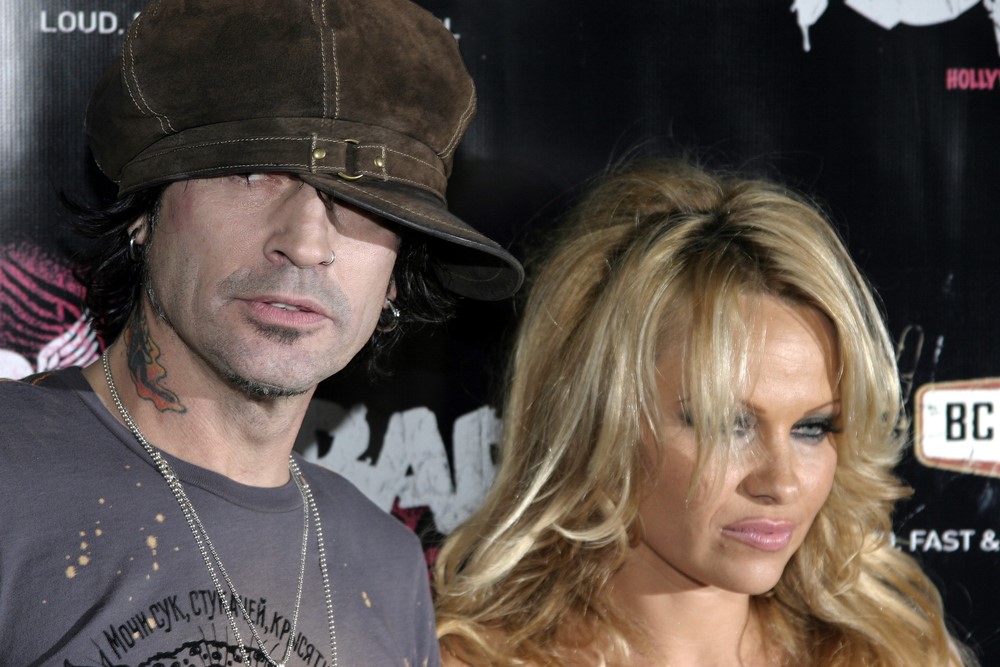#OscarsSoWhite: The Academy Award Controversy
Oscar nominations have been announced, and for the second year year in a row, all the acting nominees are white. This has raised controversy, especially in the wake of the much-protested “Selma” snub last year. People have taken to Twitter to express their views with the hashtag #Oscarssowhite.
The only minorities nominated this are in the categories for Best Documentary and Best Original Screenplay. It was assumed that at least one minority actor would be nominated this year in an acting category; Idris Elba was expected to receive a nomination for his role in “Beasts of No Nation,” and the casts of “Straight Outta Compton” and “Creed” were also expected to gain some recognition. “Star Wars: The Force Awakens” stars two people of color and a woman as the leads, and was a highest grossing at the box office this year, yet also received no recognition. The lack of minority and female nominations is largely attributed to the voter base of the Academy – primarily older white men. The lack of diversity in the 7,000+ members is considered wildly unethical, considering the growing diversity of the acting community. After last years’ controversy, the Academy pledged to do better – although their only move toward diversity this year seems to be selecting comedian Chris Rock to host the Oscars, and a black producer to assist with production. The Screen Actor’s Guild also recognized minority actors and films, which makes the Oscars snubs particularly glaring.
However, it has also been noted that this is the first time when there have been no black nominees for two years in a row since 1997-98, which may indicate a dip rather than a persistent pattern. The Academy also added 322 new, demographically diverse members in June, in an attempt to diversify the voting base. It has been argued that since the Academy voters serve for life, it will take a while for the Academy to catch up to more progressive entertainment sectors – such as television – because the base needs more time to turn over. Producer Steve Golin said that he believes that people do not vote based on race, but rather it stems from the fact that Hollywood does not have racially diverse movies, which would balance out the nominations more. Some also argue that the roles simply are not there to allow for minorities to get nominated, although there were several potential options this year and last year.
Is it really ethical to have a primarily white, male, and older demographic decide nominations? Does the blame rest on the shoulders of the Academy, or Hollywood in general? Should the Academy take more proactive action to change, or are small steps acceptable? The ethical implications of a lack of minority and female nominations will likely affect the film industry for quite some time. Hopefully, the Academy will be more inclusive next time around.





